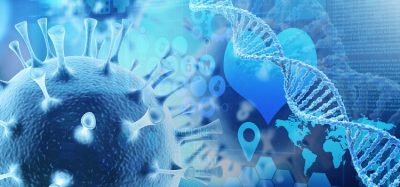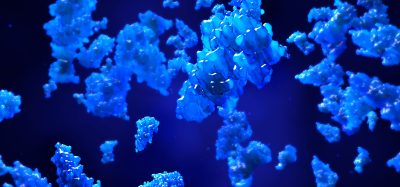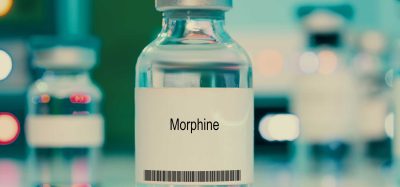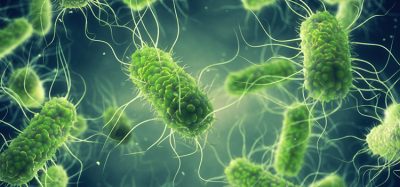Chicken eggs used to produce SARS-CoV-2 antibodies
Posted: 18 July 2022 | Victoria Rees (Drug Target Review) | No comments yet
Researchers in the US have found that antibodies to the SARS-CoV-2 Spike protein can be produced in hen eggs.

Researchers from the University of California, Davis, US have produced antibodies to the SARS-CoV-2 Spike (S) protein in chicken eggs. According to the team, antibodies harvested from eggs could treat COVID-19 or be used as a preventative measure for people exposed to the disease, as outlined in the work published in the journal Viruses.
“The beauty of the system is that you can produce a lot of antibodies in birds,” said Professor Rodrigo Gallardo, one of the lead researchers on the study. “In addition to a low cost to produce these antibodies in hens, they can be updated very fast by using updated antigens to hyperimmunise hens, allowing protection against current variant strains.”
The researchers explain that birds produce a type of antibody called IgY, comparable to IgG in humans and other mammals. IgY does not cause allergy or set off immune reactions when injected into humans and it appears both in birds’ serum and in their eggs.
Gallardo and colleagues immunised hens with two doses of three different vaccines based on the SARS-CoV-2 S protein or receptor binding domain. They then measured antibodies in blood samples from the hens and in egg yolks three and six weeks after the last immunisation.
The scientists then tested purified antibodies for their ability to block the coronavirus from infecting human cells. Both eggs and sera from immunised hens contained antibodies that recognised SARS-CoV-2. Antibodies from serum were more effective in neutralising the virus, which the researchers say is likely because there are more antibodies in blood overall.
Gallardo is now working with colleagues to develop the egg-based antibody technology. The team hopes to deploy these antibodies in a preventative treatment such as a spray, that could be used by people at high risk of exposure to coronavirus.
Related topics
Antibodies, Antibody Discovery, Biopharmaceuticals, Biotherapeutics, Drug Development, Protein, Proteomics
Related conditions
Covid-19
Related organisations
University of California Davis
Related people
Professor Rodrigo Gallardo







